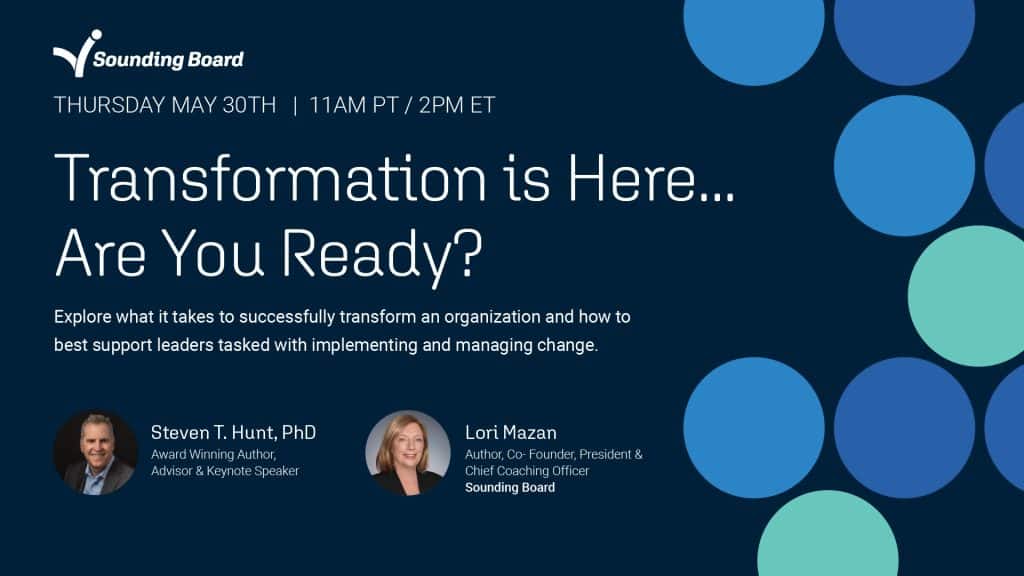Talent development is a critical part of that retention strategy, investing in employees and giving them the knowledge, skills and experience they need to navigate the new business landscape.
This session will explore:
- Three employee populations driving The Great Resignation
- How burnout is contributing to turnover
- How organizations harness data to identify and mitigate risk
- How talent development drives employee retention
- How leadership coaching can overcome burnout and attrition
According to the Bureau of Labor Statistics, twenty million U.S. workers left their jobs between April and August this year. That’s 60% higher than attrition reported during the same period last year and the highest rate of resignations since 2000. While these numbers show a massive shift in the labor market, there is a possibility the intent to leave is even higher.
Why are employees leaving their jobs? The rise in resignations can be attributed to various factors, including lack of recognition, lack of development opportunities, and toxic or unproductive workplace cultures. Burnout, in particular, has fueled resignations as employees struggle with unprecedented volatility, uncertainty, and change.
The data reveals some clear trends driving The Great Resignation. Demographics are a factor, but not in the way you might expect. Experienced, tenured employees are leaving at historic levels, and the exodus of women has stalled progress toward diversity, equity, and inclusion goals.
Employers need to be equipped with the right tools to combat The Great Resignation. They need accurate and reliable data to identify, understand and mitigate the risk of attrition. They need a “Great Retention” strategy to overcome the Great Resignation. Talent development is a critical part of that retention strategy, investing in employees and giving them the knowledge, skills, and experience they need to navigate the new business landscape.
Presenters

Andrea Derler
Principal, Research and Customer Value, Visier

Kip Kelly
Director, Sounding Board
Kip Kelly has more than 25 years of marketing and communications experience, with a focus on talent management, executive education, professional coaching, and leadership development. His expertise in diversity, inclusion, and the use of data and analytics in learning and development has earned him a reputation as an industry leader, having published more than 60 research studies and whitepapers, as featured in Chief Learning Officer, TD, Training Industry, HR Magazine, Fortune, the Chronicle of Higher Education, Financial Times, and a host of other leading publications.








